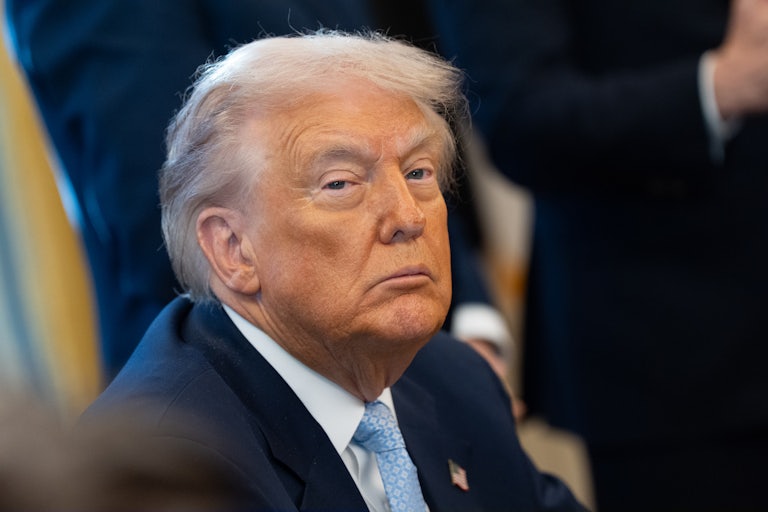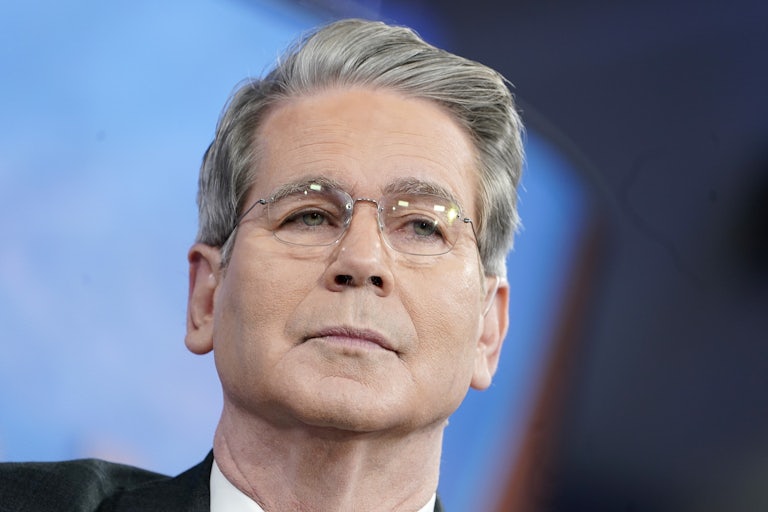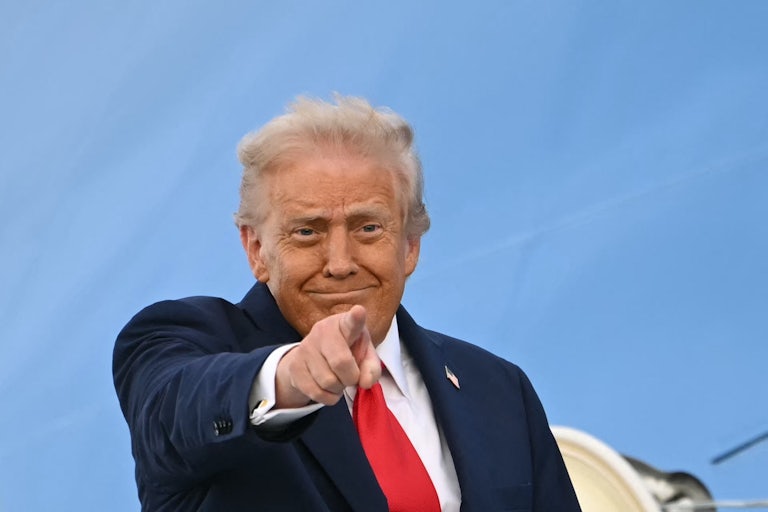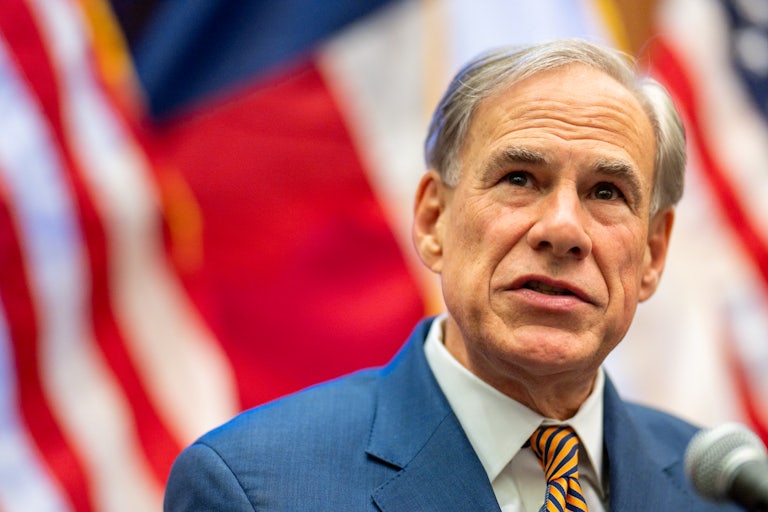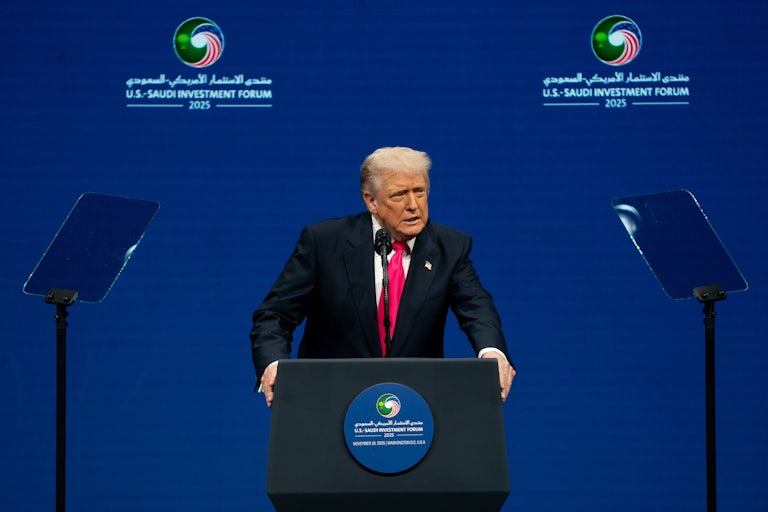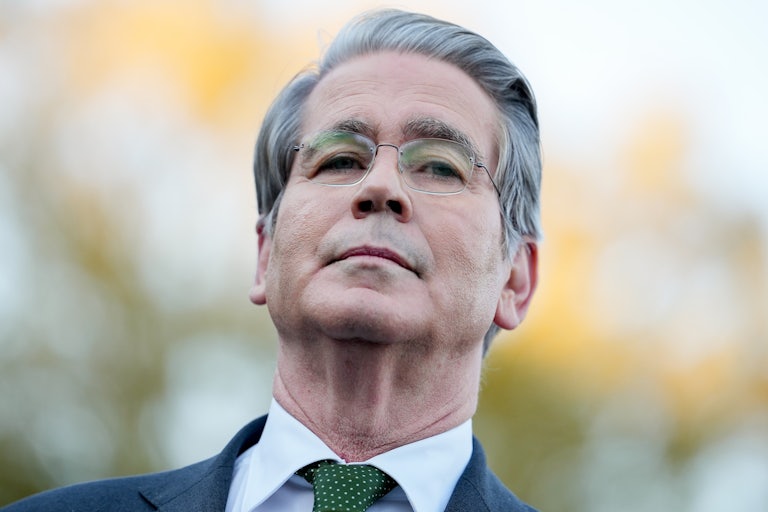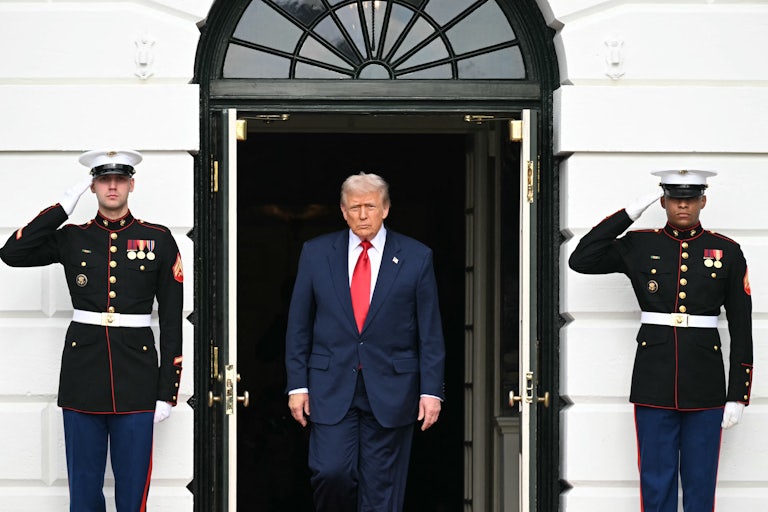MAGA Is Livid Ted Cruz Accidentally Helped Block Texas Redistricting
Oops!
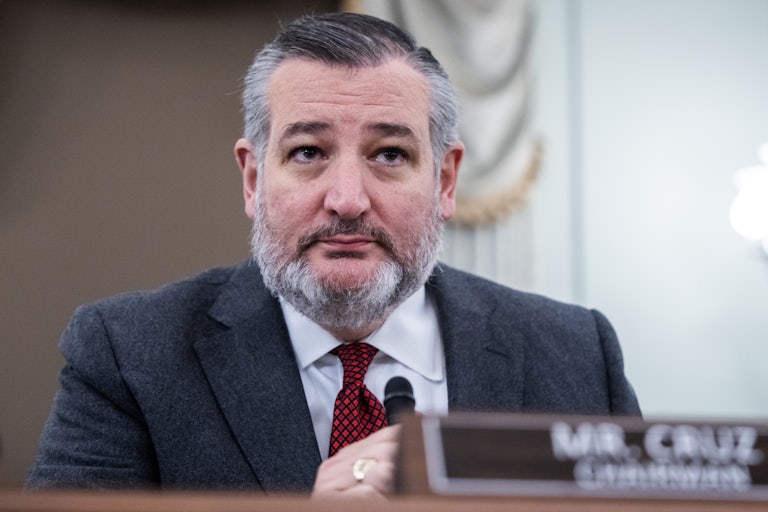
Donald Trump’s major electoral setback in Texas is thanks, in no small part, to Ted Cruz.
A three-judge panel ruled against the Lone Star State’s gerrymandering effort Tuesday, ordering Texas to return to its 2021 maps for the upcoming midterm elections. The decision was written by Judge Jeffrey V. Brown, whom Cruz recommended to the bench in 2019.
That realization has enraged some members of Trump’s base, who have questioned how the Houston native could have recommended someone who would rule against the president’s agenda.
“Brown was a clear miss by Ted Cruz,” argued conservative political strategist Mike Davis in a Fox News op-ed Wednesday.
Brown wrote in the Tuesday ruling that “substantial evidence” proved Texas had “racially gerrymandered” its latest districts.
Trump suggested in July that Texas could give Republicans five more House seats by flipping a handful of blue districts next year via “a very simple redrawing.” The Justice Department then threatened to take legal action on the matter, asserting that at least four Texas congressional districts were “unconstitutional” since the presence of multiple racial groups had made white people the regional electoral minority.
Redistricting is perfectly legal—so long as it complies with federal law. Trump’s directive for Texas forced the state to focus on race rather than politics, in defiance of national nondiscrimination laws. Brown noted in the legal opinion that if the effort had intended to thwart Democratic strongholds in the state, it would have also targeted majority white Democrat districts,” but those were “conspicuously absent.”
Brown determined that reverting to the 2021 map was a more adequate solution than providing Texas with the opportunity to draw up another plan, since not only was the 2021 iteration developed by the state legislature (as opposed to the state judiciary) but it has successfully been used in two previous congressional elections, as well as an ongoing special election. The judicial ruling effectively crushed Trump’s dream to reshape Texas to help Republicans in Washington.
Meanwhile, Cruz is laying the groundwork to run for president in 2028, though it’s unclear who in the MAGA movement will rally to his side.


